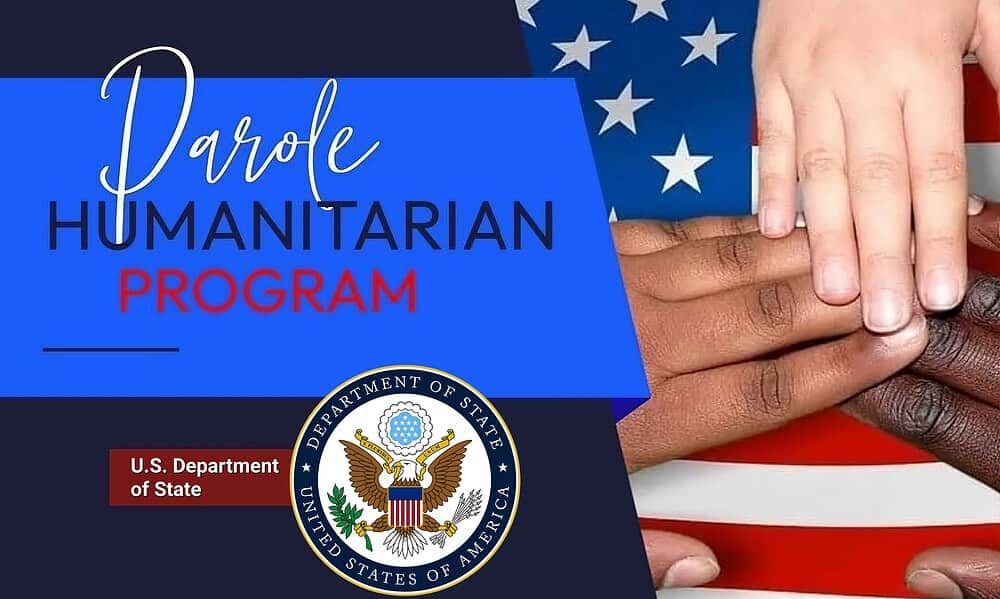USCIS Resolves Issue with Financial Sponsorship Form for Cubans
The United States Citizenship and Immigration Services (USCIS) has announced that they have resolved the issue that was preventing applicants from filling out the financial sponsorship form I-134 A. This form is necessary for certain procedures that benefit Cubans seeking humanitarian parole in the United States.
In a message posted on Twitter, the USCIS stated, “We have resolved the I-134A eligibility certification issue previously reported on myUSCIS. You can now log back in and complete the process.” This is good news for individuals who have been waiting to complete their applications.
Furthermore, the USCIS released a short note specifically for applicants for humanitarian parole from Cuba, Haiti, Nicaragua, and Venezuela (CHNV). The note informed applicants that if they need to correct any information on their Form I-134A, they can do so through their USCIS online account.
The USCIS then directed applicants to an official page where they have listed various problems that may arise for sponsors and provided solutions for each issue. For example, if support people need to modify data such as email addresses, passport information, country of residence, or biographical data of the beneficiary, they can do so by logging into their USCIS account and accessing the “Unsolicited Evidence” option.
Applicants were reassured that they do not need to send a secure message or call the USCIS Contact Center to make these modifications. Instead, they can simply upload the necessary evidence to their online account.
Despite this resolution, beneficiaries of humanitarian parole, particularly Cuban nationals, have continued to express their frustrations with the USCIS. One user criticized the agency for delays in processing applications, saying, “There are still problems in the process. The applications for January 6, 7, 8, and 12 have not yet been processed, while those for September and October have already been approved, obtained travel authorization, and entered the United States. That’s not fair.”
According to the US State Department, nearly 160,000 Cubans, Haitians, Nicaraguans, and Venezuelans entered the United States legally under temporary stay permits until the end of June 2023. It is clear that while progress has been made in resolving some issues, there is still work to be done to ensure a smoother and fairer process for applicants seeking humanitarian parole.
The USCIS’s efforts to address these issues have been welcomed by many, but further improvements are needed to ensure that all individuals seeking humanitarian parole can navigate the process with ease and receive timely responses.
